Blog Post - Are Pothos plants toxic to cats?

Introduction Pothos plants have gained immense popularity as indoor house plants due to their beautiful trailing vines and low maintenance requirements. However, as pet owners, it is essential to prioritize the safety of our furry friends, especially curious cats who often explore their surroundings with their mouths. In this article, we will delve into the topic of whether pothos plants are toxic to cats and provide valuable insights to ensure the well-being of our feline companions.
Overview of Pothos Plants

Pothos plants, scientifically known as Epipremnum aureum, are native to tropical regions and are renowned for their lush, heart-shaped leaves. With their signature vibrant green foliage, pothos plants can add a touch of natural beauty to any indoor space. Common varieties of pothos include the Golden Pothos, Marble Queen Pothos, and Neon Pothos. Additionally, these plants are celebrated for their air-purifying qualities, as they have the ability to remove harmful toxins from the air, promoting a healthier environment.
Cats and Plant Toxicity
Cats are naturally curious creatures, often exploring their surroundings and exhibiting playful behavior. Unfortunately, this curiosity can extend to chewing on plants, posing potential dangers to their health. Some plants contain toxic compounds that can cause adverse reactions when ingested by cats. Nausea, vomiting, diarrhea, and other symptoms may occur, depending on the plant's toxicity level and the quantity consumed. As responsible pet owners, it is crucial to be aware of which plants are safe and which can be harmful to our feline friends.
Pothos Plants and Cats

Now, let's address the burning question: are pothos plants toxic to cats? The answer is yes. Pothos plants contain calcium oxalate crystals, which are toxic to cats when ingested. These crystals can cause irritation and swelling in the mouth, throat, and digestive tract, leading to discomfort and potential medical complications. It is important to note that other animals, including dogs, can also be affected by the toxicity of pothos plants.
Preventing Toxicity and Creating a Safe Environment
To protect our beloved cats from the potential toxicity of pothos plants, here are some essential tips:
-
Keep plants out of reach: Place pothos plants in areas that are inaccessible to cats, such as high shelves or hanging baskets.
-
Choose cat-friendly alternatives: Opt for pet-safe plants, such as spider plants, Boston ferns, or African violets, as alternative indoor greenery options.
-
Use deterrents: Employ natural deterrents, such as bitter apple sprays or lemon-scented products, to discourage cats from approaching plants.
-
Provide appropriate chewing alternatives: Redirect your cat's chewing behavior by offering designated cat toys or dental treats.
How to Deal with Plant Ingestion

Accidents happen, and if you suspect or witness your cat ingesting pothos plants, it is crucial to act promptly. Here's what you should do:
-
Consult a veterinarian: Contact your veterinarian immediately to seek professional advice regarding the severity of the situation and possible treatment options.
-
Observe symptoms: Monitor your cat closely for any abnormal symptoms, such as excessive drooling, difficulty breathing, or severe gastrointestinal distress.
-
Avoid inducing vomiting: Unlike dogs, inducing vomiting in cats can be dangerous without proper medical supervision. Therefore, do not attempt to induce vomiting without consulting a veterinarian.
Conclusion
In conclusion, while pothos plants can beautify our indoor spaces and provide numerous benefits, it is essential to be aware of their potential toxicity to cats. By understanding the risks, taking necessary precautions, and maintaining a safe environment for our feline companions, we can ensure their well-being and happiness. Remember, the health and safety of our pets always come first.

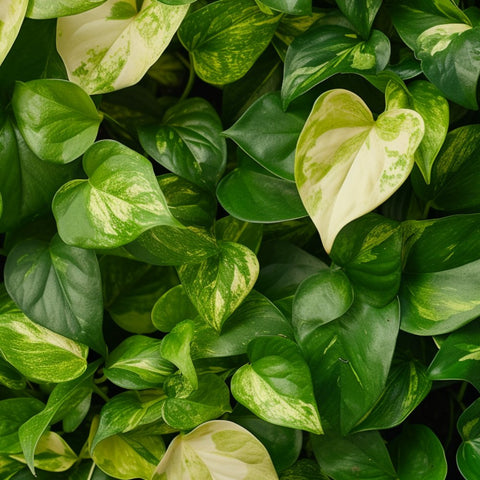

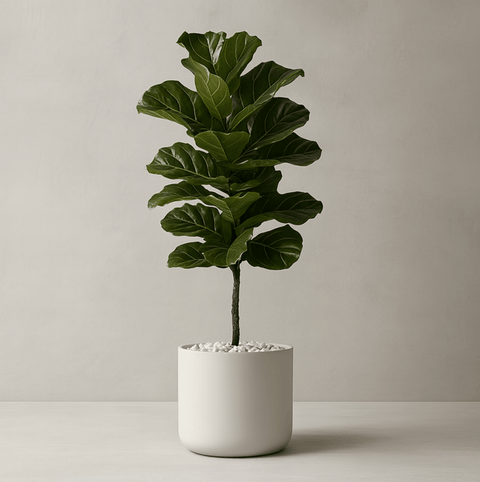
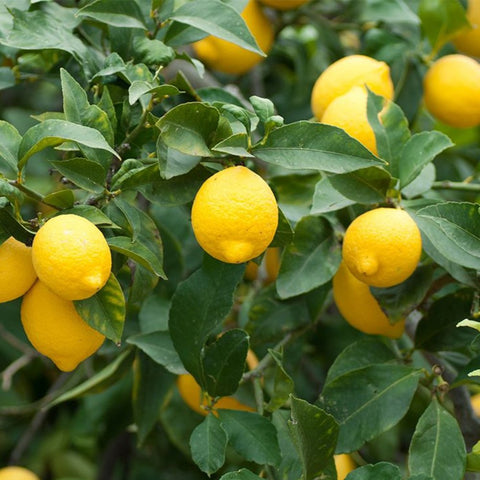
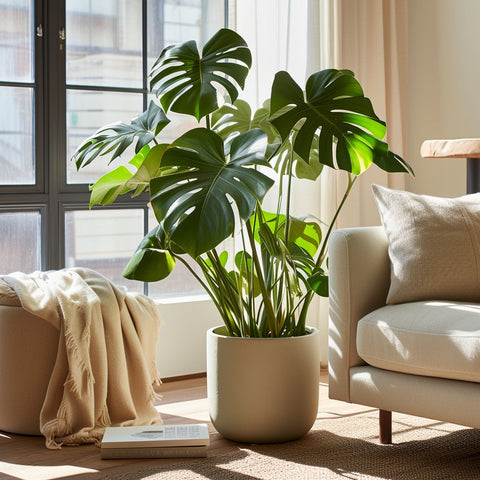
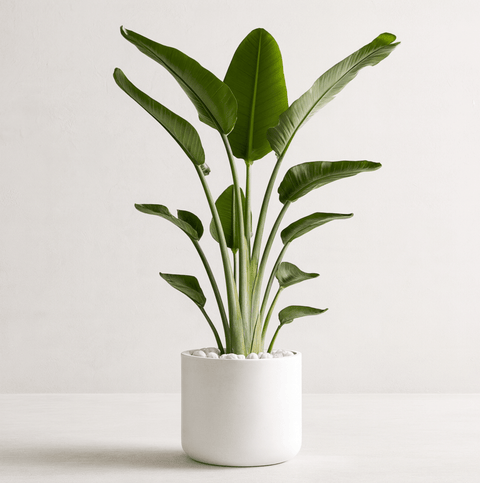
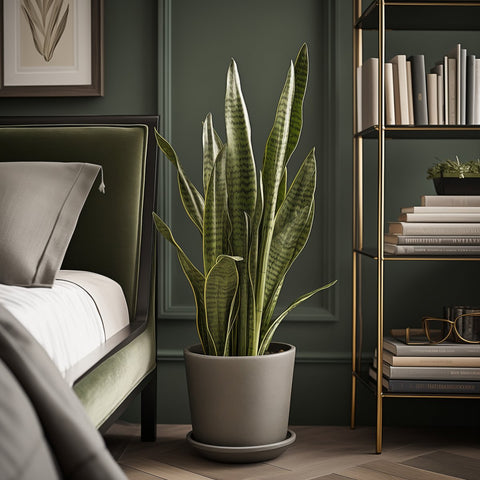
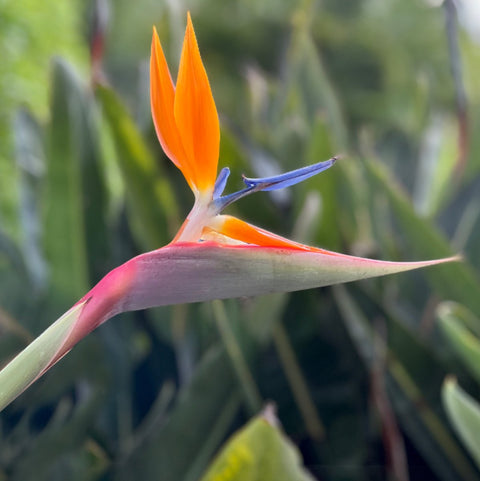
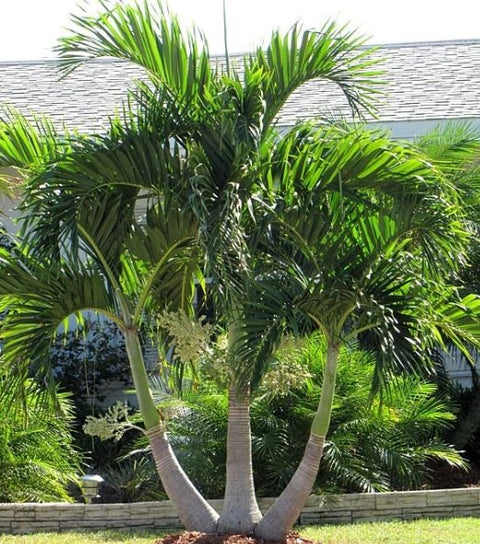
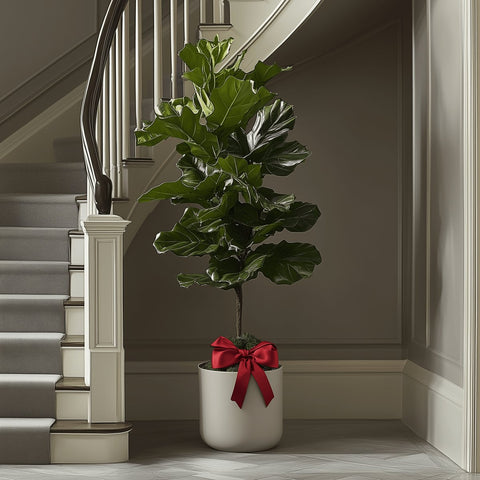


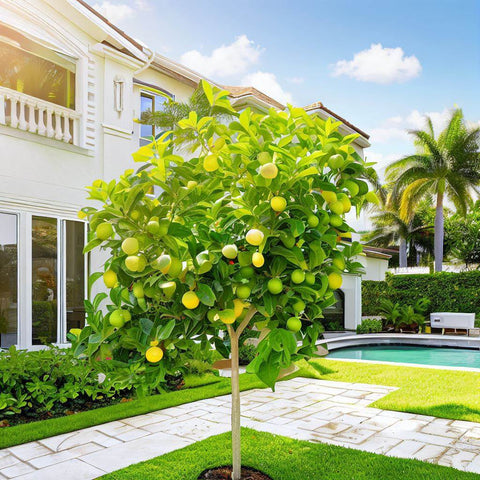



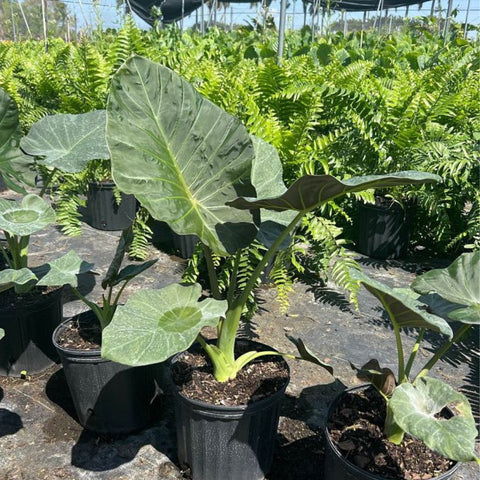
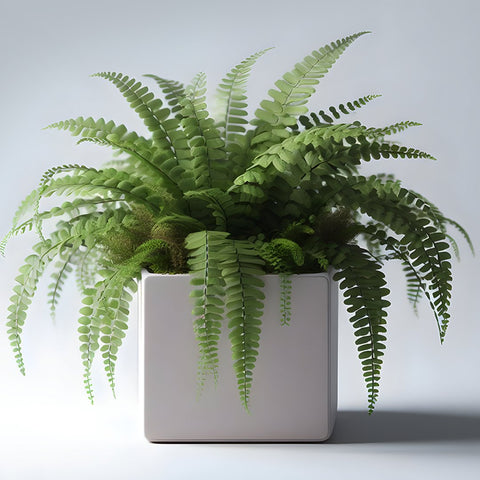
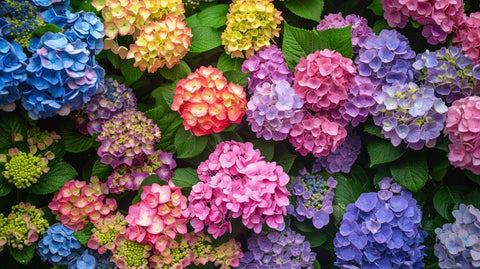
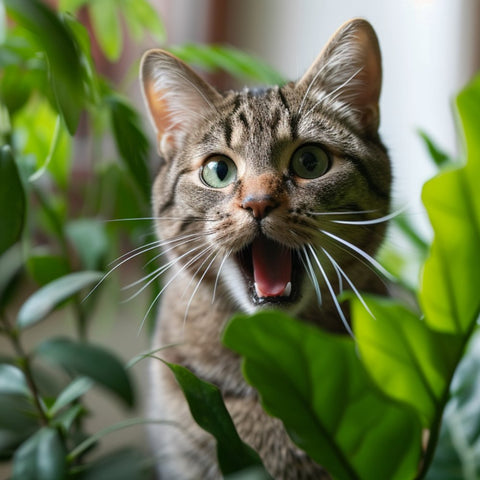

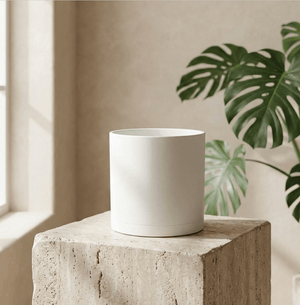
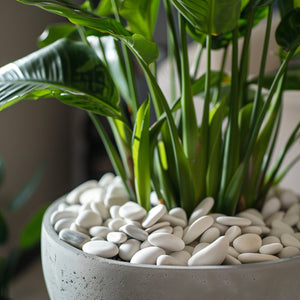
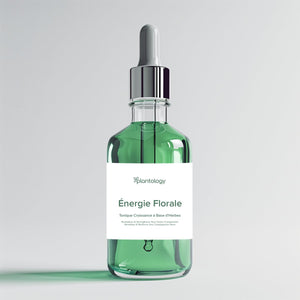
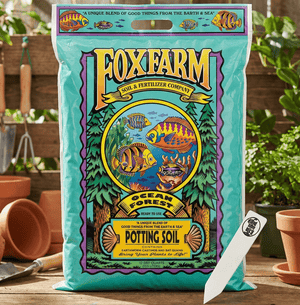
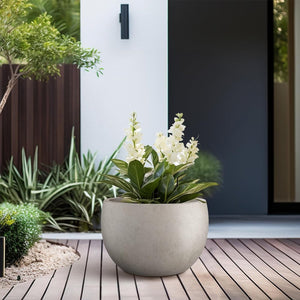



Comments (0)
There are no comments for this article. Be the first one to leave a message!